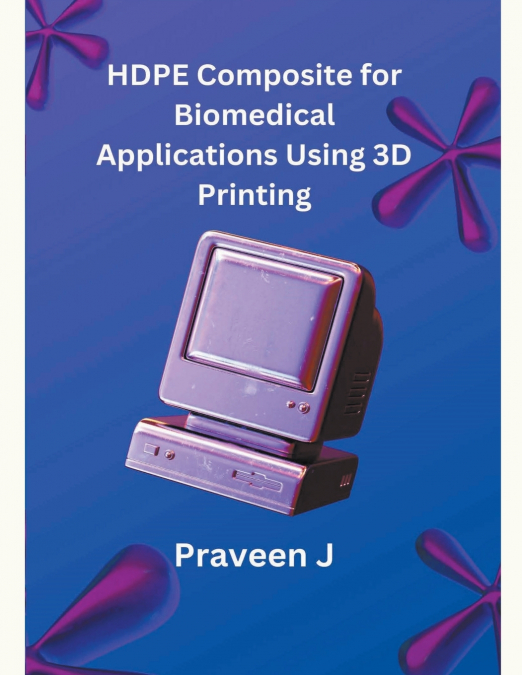
 Librería Perelló (Valencia)
Librería Perelló (Valencia)
 Librería Aciertas (Toledo)
Librería Aciertas (Toledo)
 Librería Elías (Asturias)
Librería Elías (Asturias)
 Donde los libros
Donde los libros
 El AlmaZen del Alquimista (Sevilla)
El AlmaZen del Alquimista (Sevilla)
 Librería Kolima (Madrid)
Librería Kolima (Madrid)
 Librería Proteo (Málaga)
Librería Proteo (Málaga)
Additive Manufacturing refers to technologies that produce end products without any dies or tooling. This provides AM technologies with design freedom to manufacture any shapes without constraints. Compared to conventional manufacturing methodologies, AM processes combine materials layer by layer based on the CAD model. AM favours on-demand manufacturing as it does not require specific tooling, thus eliminating longer lead times. AM can achieve zero-waste manufacturing because of its weight-saving tendency compared to conventional manufacturing processes. Due to the design and manufacturing feasibility of producing functional and complex intricate structures by AM, the need to assemble multiple parts is eliminated. Also, AM technologies have proven to be sustainable manufacturing practices with the potential to reduce 525.5 metric tonnes of carbon footprint by 2025. Further, the product development cost and time to market the products are significantly reduced by 70 and 90%, respectively, compared to conventional manufacturing processes. This makes AM global market valued at 23 billion USD by 2023, along with a 22% compound growth rate. All these qualities propel AM technologies essential for Industry 4.0. In spite of the promise shown, AM technologies face several challenges. Primarily, AM is focused on producing a low volume of customized products, which makes it challenging to match the economic scales of bulk-quantity products produced by conventional manufacturing. Polymers are macromolecules fundamentally made of repeating units bonded through a covalent bond. Polymers are classified based on thermomechanical properties into thermoplastics and thermosets. AM technologies use polymers and their composites to fabricate products with enhanced biological, corrosion, mechanical, electrical, optical, and thermal properties. Smart structures which respond to external stimuli such as light, temperature, moisture, stress, electric and magnetic fields can also be produced by AM.